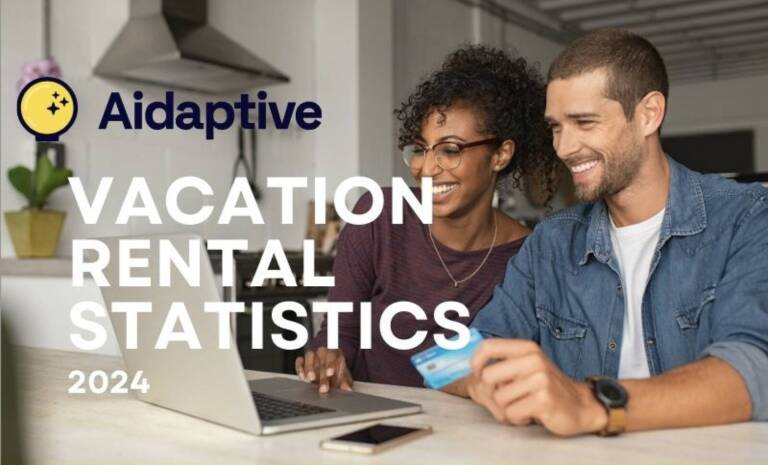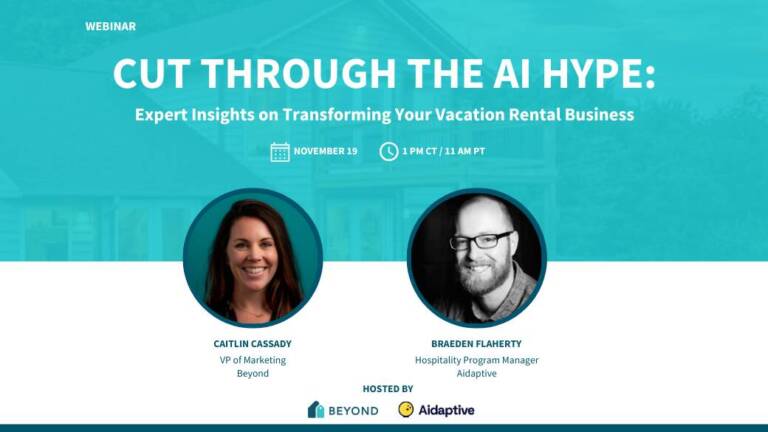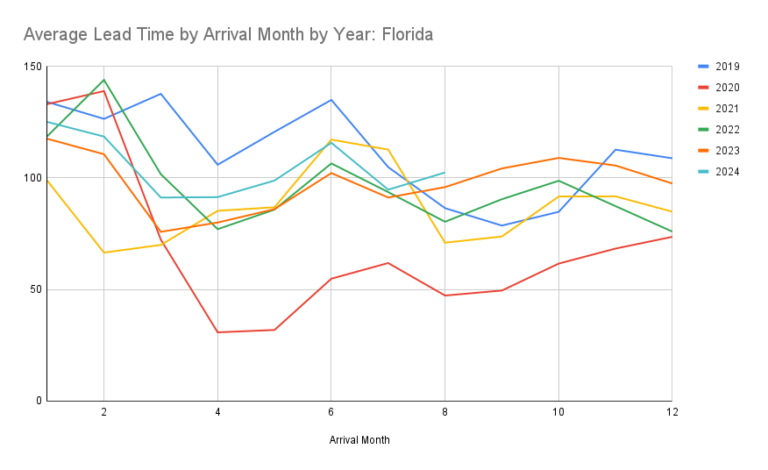The most anticipated cookieless world is finally here. The importance of online privacy has taken center stage in 2024. Google’s recent announcement to phase out third-party cookies from its Chrome browser is a significant development that promises to reshape how we approach digital marketing. This move, part of Google’s Privacy Sandbox initiative, has set the advertising industry abuzz, with some concerns raised about the timing of the change and its potential impact on revenue.
In this article, we’ll delve deeper into Google’s plan, its implications for marketers, and how you can prepare for a cookieless future.
The Evolution of Online Advertising
For years, third-party cookies have been the backbone of online advertising. These tiny pieces of code enabled advertisers to track users’ online behavior, helping them deliver targeted ads based on a user’s interests and browsing history. While this approach allowed for personalized advertising, it also raised significant concerns about user privacy and data security.
Google’s Initiative
Google’s decision to eliminate third-party cookies reflects a broader trend in the industry toward enhanced user privacy. The company has initiated a phased approach to this change, starting with a test run restricting tracking technology for 1% of Chrome users, approximately 30 million people. By the end of the year, all third-party cookies will be removed from the browser.
Impact on Advertisers
The $600 billion online advertising industry has expressed concerns about the timeline for this transition. Critics argue that the fourth quarter, known for being the industry’s highest revenue-generating period, is the worst time for such a significant change. Advertisers fear that the sudden removal of third-party cookies could disrupt their marketing strategies and hinder their ability to target and reach their audience effectively.
Adaptation is Key
In the face of this imminent change, it’s crucial for marketers to adapt and find new ways to connect with their target audience. Google’s Tracking Protection is one step in this direction, offering an alternative method for ad targeting while respecting user privacy. However, it’s just one piece of the puzzle.
Preparing for a Cookieless Future
- Focus on First-Party Data: Invest in collecting and leveraging first-party data directly from your website visitors. This data is obtained with user consent and can provide valuable insights into customer behavior and preferences.
- Contextual Targeting: Shift your advertising strategy towards contextual targeting, where ads are placed based on the content of the web page rather than individual user data. This approach respects user privacy and still allows for effective ad placement.
- Collaborate with Technology Partners: Work closely with technology partners who are at the forefront of developing privacy-compliant advertising solutions. This collaboration can help you stay ahead of the curve in a rapidly changing landscape.
- Implement User-Centric Strategies: Focus on user-centric marketing strategies that prioritize user experience and engagement. Create content and campaigns that genuinely resonate with your audience’s needs and preferences.
- Invest in Loyalty Programs: Focus on building long-term customer relationships. Loyalty and repeat business can become even more critical in a world where personalized targeting is limited.
- Embrace Innovation: Utilize artificial intelligence (AI) and machine learning technology to analyze first-party data and identify patterns and insights. AI can help you make more accurate predictions about user behavior, enabling more personalized and effective marketing campaigns.
Google’s move to eliminate third-party cookies is a significant step towards a more privacy-conscious online environment. While it presents challenges for advertisers, it also offers an opportunity to innovate and build stronger, more transparent relationships with customers. By adapting to these changes and exploring new avenues of digital marketing, businesses can thrive in a cookieless future. Embrace this shift as an opportunity to enhance user trust, deliver better experiences, and stay ahead in the ever-changing world of online advertising.


